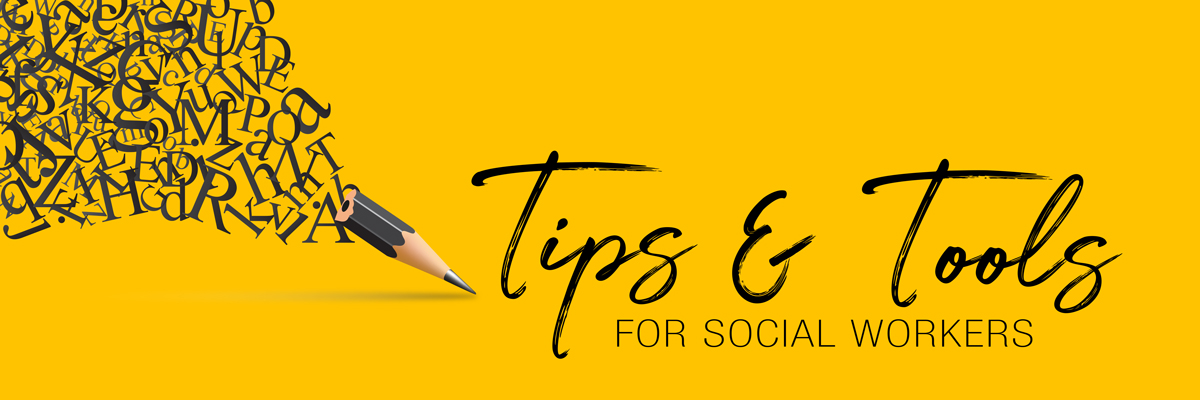
Child Abuse Prevention Month: Increasing Family Protective Factors to Reduce Risk
April Ferguson, LCSW-C, Senior Practice Associate
April 2025
The National Association of Social Workers (NASW) acknowledges April as Child Abuse Prevention Month. This is a time to recognize the role social workers play in supporting prevention efforts. A key to prevention is strengthening families by increasing family protective factors and reducing risk. According to the CDC definition, “Protective factors are characteristics that may decrease the likelihood of experiencing adverse childhood experiences (ACES).” ACEs include child abuse and neglect, violence and other harmful occurrences. Three examples of how social workers can increase protective factors are:
Provide Parent Education
Parent education can strengthen families to support their children. Social workers can provide psychoeducation concerning ages and stages of development, healthy discipline strategies and understanding a child’s diagnosis. Parents benefit from understanding healthy development, so they can seek early interventions if there are signs of developmental delays. They also benefit from healthy discipline strategies that are effective and do not cause further harm. One initiative, No Hit Zone from the American Professional Society on the Abuse of Children (APSAC) provides education about the “harms and ineffectiveness of corporal punishment” and shares “effective parenting alternatives.” Social workers can also help parents understand and navigate challenges related to a child’s mental health diagnosis. Social workers can help parents understand the treatments plans and school behavioral health plans that support children to be successful at home and in schools.
Help Families Build Social Connections
Parents and children benefit from social connections with others. Family, friends and communities help strengthen individuals and provide comfort and support in challenging situations. Isolation creates many challenges for parents and youth and that can impact mental health and wellbeing. Social connections can improve mood and increase happiness for families. Social workers can help families develop social connections by completing genograms and/or family trees that help families identify current social support or relationships that can be strengthened or mended. Families may also benefit from treatment and interventions that include group work in addition to individual treatment.
Connect Families to Resources and Community Support
Families should have connections to resources and community support to manage the many challenges related to parenting. The surgeon general issued a public health warning regarding the amount of stress parents are experiencing. Many parents are experiencing financial stress from poverty and economic challenges that impact their ability to provide for their children. They are dealing with the high costs of childcare, consequences from the COVID-19 pandemic, the youth mental health crisis and concerns about their children’s safety online and in schools. Social workers can help parents navigate challenges through case management and treatment interventions. Social workers can assist families with appropriate referrals to cash assistance programs, health care and housing access, and mental health supports to reduce parent stress but also provide support to young people. Community support can include family resource centers, libraries, faith-based institutions, after school programs, community sport leagues and mentorship programs.
Other resources related to prevention and building strong families and supporting children are below.
Resources
NASW Social Work Talks Podcast Supporting Families to Prevent Child Abuse and Neglect
EP84: Supporting Families To Prevent Child Abuse and Neglect (socialworkers.org)
How Social Workers Can Work With Children And Youth With Complex Histories
https://naswinstitute.inreachce.com/Details/Information/2204c2c9-2310-4df8-ac16-2409dffa0ea8
Child Welfare Information Gateway National Child Abuse Prevention Month
https://www.childwelfare.gov/preventionmonth/
Prevent Child Abuse America: Child Abuse Prevention Month
https://preventchildabuse.org/capmonth2025/
Related Organizations
Child Welfare Information Gateway
https://www.childwelfare.gov/preventionmonth/
Child Welfare League of America
https://www.cwla.org/
National Children's Advocacy Center
https://www.nationalcac.org/
The American Professional Society on the Abuse of Children
https://apsac.org/
Prevent Child Abuse America
https://preventchildabuse.org/capmonth2024/